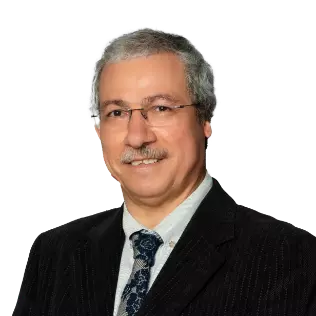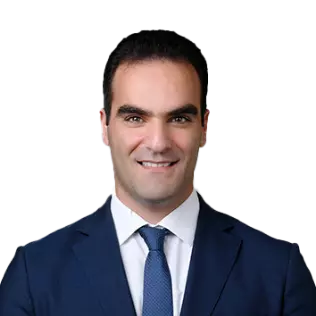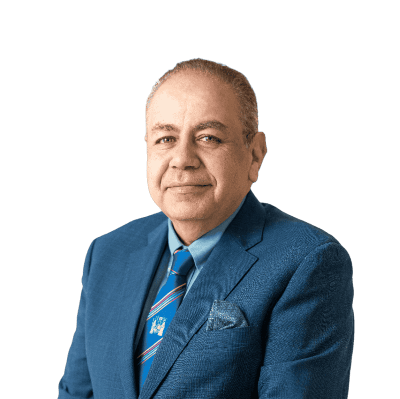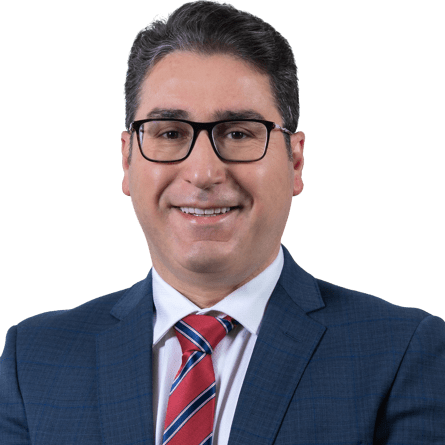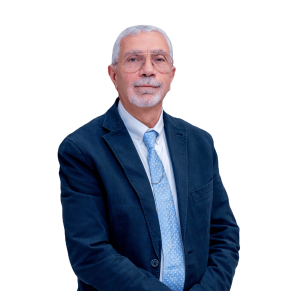Chest Pain: Causes, Symptoms & Treatment
Written By: Dr. Brajesh Mittal
Updated On:January 24, 2024

What is Chest Pain?
Heart problems are just one of the many causes of upper body chest pain. Among other things, it might feel tight, achy, or sharp. Your back and arms may also get affected. Always take chest pain seriously and seek medical help right once. The reasons for chest pain can range from pneumonia or heartburn to a heart attack.
Causes of Chest Pain
Heart disease is frequently linked to chest pain. Nonetheless, many heart disease sufferers claim to experience a slight discomfort that they wouldn't necessarily classify as pain. Chest pain could be caused by the following:
- Heart and vascular problems, such as angina, heart attack, aortic dissection, and inflammation in the sac around the heart
- Digestive problems, such as heartburn, swallowing disorders, gallbladder or pancreas problems
- Lung problems, such as pulmonary embolism, inflammation of the membrane covering the lungs, collapsed lungs, and pulmonary hypertension
- Musculoskeletal problems, such as costochondritis, injured ribs, and sore muscles
Chest pain can also be caused by panic attacks and shingles.
Symptoms of Heart Related Chest Pain
Together with the chest pain, you might experience other symptoms. Your physician can make a diagnosis with the help of any symptoms you may be experiencing. Symptoms of chest pain may include the following:
- Chest stiffness or pressure
- Arm, back, or jaw pain
- Fatigue
- Lightheadedness
- Dizziness
- Breathing difficulty
- Abdomen ache
- Discomfort when exerting oneself
Chest pain symptoms that may not be heart-related include:
- An acidic or sour taste in your mouth
- Difficulty swallowing
- Pain that gets better or worse depending on your body position
- Pain that gets worse when you cough
- Pain that is accompanied by a rash, fever, aches, and chills
- Runny nose
- Cough
- Hyperventilating
- Chest pain that extends
- Sensations of worry or anxiety
When to see a doctor for Chest Pain?
If chest pain suddenly develops, it is advised to see a doctor, especially if anti-inflammatory medication does not provide relief.
One should get immediate medical assistance if they have:
- Discomfort that begins with nausea, vomiting, sweating, breathing trouble, or changes in breathing rate
- Tightness or heaviness in the chest pain that spreads to the arms, back, neck, or jaw
- Blue nails or lips
- Excruciating pain lasting more than 15 minutes
Chest pain may occasionally pose a life-threatening concern. This is why it shouldn't be disregarded.
Chest Pain Risk Factors
Risk factors to chest pain include the following:
- Age
- Cholesterol
- Hypertension
- Diabetes
- Smoking
- Physical inactivity
- Obesity
Chest Pain Complications
Don't wait to consult a doctor if you have chest pain of any kind. Delaying an emergency department visit and trying to diagnose oneself runs the danger of catastrophic heart damage or even death, especially if your chest pain is heart-related. Complications of chest pain can be reduced or completely avoided by seeking immediate medical attention.
Chest Pain Diagnosis
A heart attack is not usually indicated by chest pain. However, because it may provide the greatest immediate threat to your life, emergency department doctors typically check for it first. They might also look for lung diseases that could be fatal, such a collapsed lung or a blood clot in the lung. When determining the source of chest pain, a doctor may perform several first tests, such as: Electrocardiogram (ECG or EKG), blood tests, chest X-ray, and CT scan.
You could require additional testing for chest pain depending on the outcomes of the initial exams, which might entail Echocardiogram, CT coronary angiography, stress test, and coronary catheterization.
Chest Pain Treatment
The best course of action for chest pain depends on what's causing it. You'll receive emergency care if a heart attack is the source of your chest pain. A procedure or surgery to reestablish blood flow to your heart may be part of this.
Your doctor will discuss treatment options with you if a noncardiac issue is the source of your chest pain. Depending on your condition and how severe it is, they might advise modifications to your lifestyle, medication, and/or surgery.
Chest Pain Prevention
By leading a healthy lifestyle, you can lower your risk of heart, vascular, and other disorders. This comprises:
- A balanced diet
- Taking care of existing medical issues
- Exercising on a daily basis
- Maintaining a healthy weight
- Limiting your alcohol consumption
- Not smoking
References
Cayley Jr, W. E. (2005). Diagnosing the cause of chest pain. American family physician, 72(10), 2012-2021.
Fass, R., & Eslick, G. D. (2010). Chest pain. Practical Gastroenterology and Hepatology: Esophagus and Stomach: Esophagus and Stomach, 165-175.
Lee, T. H., & Goldman, L. (2000). Evaluation of the patient with acute chest pain. New England Journal of Medicine, 342(16), 1187-1195.
Sabatine, M. S., & Cannon, C. P. (2012). Approach to the patient with chest pain. In: Braunwald’s Heart Disease: A Textbook of Cardiovascular Medicine. 9th ed. Philadelphia, PA: Elsevier/Saunders, 1076-86.
Meet our doctors from the Cardiology department


